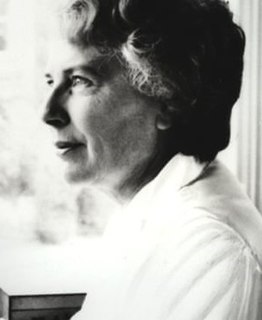A Quote by Taiye Selasi
When I'm working, I'm so narrowly focused on sound, language, rhythm, flow, that I rarely feel the emotion of the text. It's only after - long after - I've finished a piece that I can experience in any way its emotional charge.
Related Quotes
Is it not arrogance or narrow-mindedness to claim that there is only one way of salvation or that the way we follow is the right way? I think not. After all, do we fault a pilot for being narrow-minded when he follows the instrument panel while landing in a rainstorm? No, we want him to remain narrowly focused!
Style is a very simple matter; it is all rhythm. Once you get that, you can't use the wrong words. But on the other hand here am I sitting after half the morning, crammed with ideas, and visions, and so on, and can't dislodge them, for lack of the right rhythm. Now this is very profound, what rhythm is, and goes far deeper than any words. A sight, an emotion, creates this wave in the mind, long before it makes words to fit it.
A sentence is like a tune. A memorable sentence gives its emotion a melodic shape. You want to hear it again, say it—in a way, to hum it to yourself. You desire, if only in the sound studio of your imagination, to repeat the physical experience of that sentence. That craving, emotional and intellectual but beginning in the body with a certain gesture of sound, is near the heart of poetry.
That is a horrible thing in a way, but it is the one thing poets can bring back to experience, this intense focus on language, which activates words as a portal back into experience. It's a mysterious process that's very hard to articulate, because it's focused entirely on the material of language in a way, but in the interests not just of language itself whatever that would mean - that's the mistake, by the way, that so many so-called "experimental" poets make - but in service to human experience.
The discourse on the Text should itself be nothing other than text, research, textual activity, since the Text is that social space which leaves no language safe, outside, nor any subject of the enunciation in position as judge, master, analyst, confessor, decoder. The theory of the Text can coincide only with a practice of writing.
To remember love after long sleep; to turn again to poetry after a year in the market place, or to youth after resignation to drowsy and stiffening age; to remember what once you thought life could hold, after telling over with muddied and calculating fingers what it has offered; this is music, made after long silence. The soul flexes its wings, and, clumsy as any fledgling, tries the air again






































